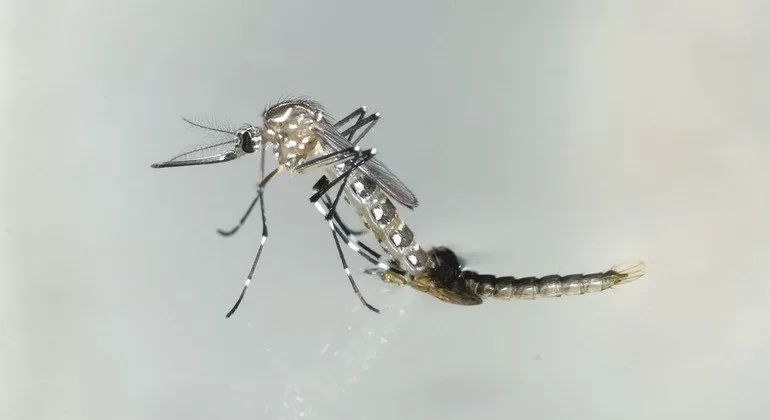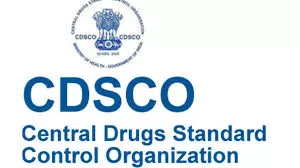
A consortium of institutions hailing from countries afflicted by dengue fever is embarking on an ambitious mission to deliver a novel treatment for this disease, repurposing existing drugs and combinations, all within a five-year timeframe. This initiative, known as “The Dengue Alliance,” seeks to expedite research and development efforts and make dengue therapeutics accessible through an inclusive partnership, as detailed in a commentary published in The Lancet Global Health journal.
“The Dengue Alliance” is led by the Drugs for Neglected Diseases initiative (DNDi) based in Switzerland, a nonprofit organization established in 2003, dedicated to developing affordable and patient-friendly treatments for neglected tropical diseases. Launched in 2022, “The Dengue Alliance” represents a collaborative effort co-established, co-owned, and co-funded by dengue-endemic nations. Notable participants include the Translational Health Science and Technology Institute in India, as well as institutions from Brazil, Malaysia, and Thailand.
Dengue fever, a significant global public health concern, is a climate-sensitive neglected tropical disease and currently ranks as the fastest-spreading mosquito-borne viral infection worldwide. It is estimated to afflict approximately 390 million individuals annually, with 96 million cases exhibiting symptoms, according to the commentary.
“The Dengue Alliance” attributes the escalating incidence of dengue to factors such as climate change, rapid urbanization, and extensive international travel. Thus far, the primary strategy employed to mitigate dengue’s burden has centered on vector control measures to manage mosquito populations, although this alone is deemed insufficient.
While existing dengue vaccines have demonstrated efficacy in reducing hospitalizations, they are not universally effective against all dengue serotypes, as noted by the alliance. Consequently, the alliance emphasizes the need for a comprehensive approach encompassing vector control, the use of safe and effective vaccines, and the development of an effective treatment to confront the growing challenges posed by dengue infection.
“The Dengue Alliance” comprises various working groups and a steering committee tasked with addressing knowledge gaps, including epidemiological aspects (particularly in Africa), biomarkers, diagnostics, clinical trials, and regulatory frameworks, all while promoting open science.
Simultaneously, clinical trials for these drug candidates are being designed with the guidance of clinicians in the participating countries, individuals with extensive experience in treating dengue patients. These trials are scheduled to commence by the end of 2023, according to the alliance.
The commentary concludes by underscoring the heightened awareness of climate change’s impact, even in high-income countries, and its potential to lead global funding organizations to acknowledge the true burden of dengue. This recognition could potentially drive support for initiatives aimed at accelerating the development of new dengue treatments, considering the havoc the disease wreaks on health systems and patients in endemic nations.










